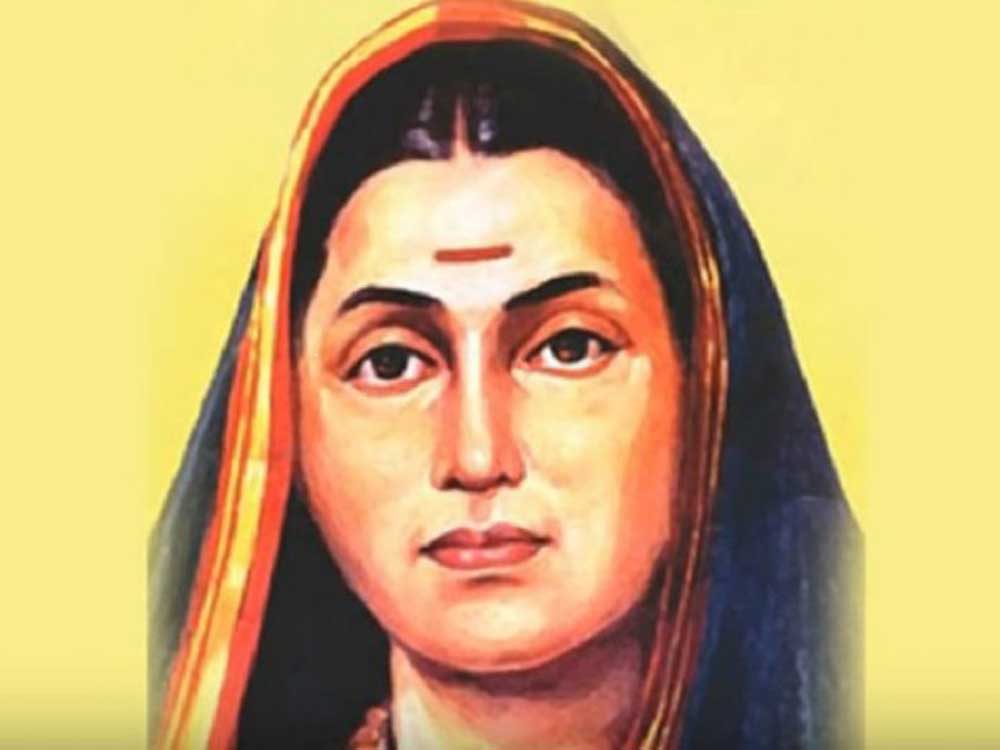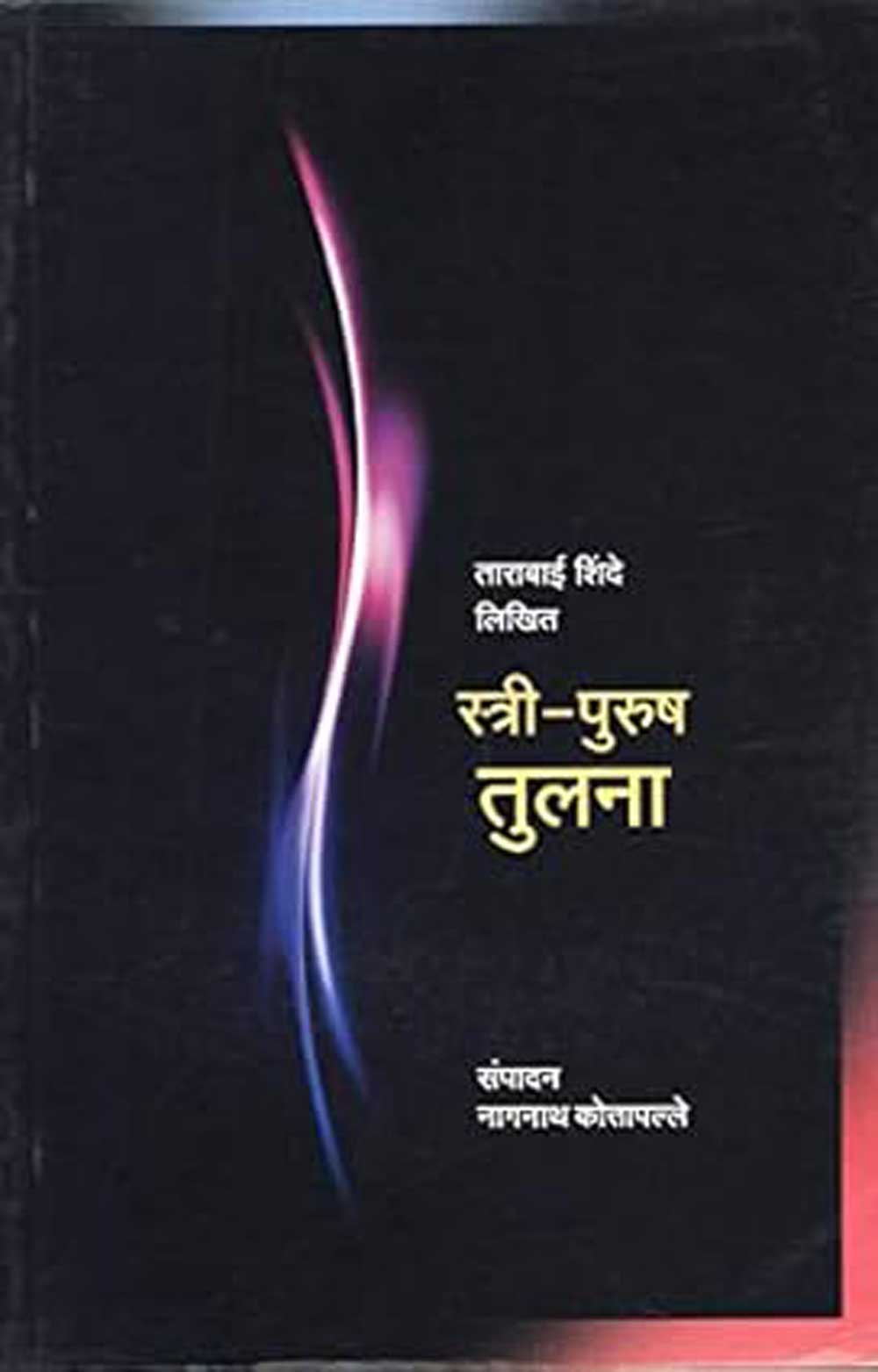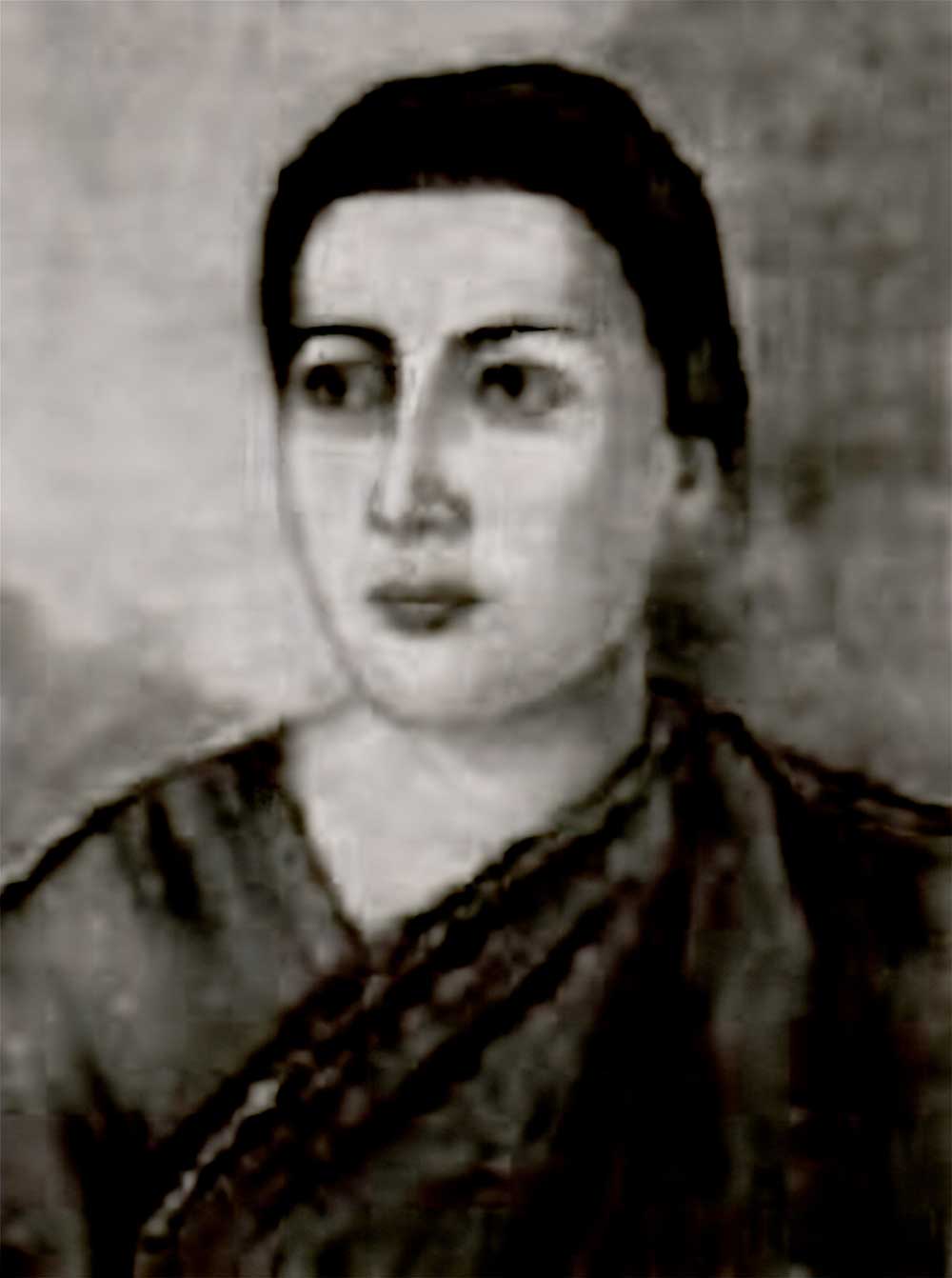Tarabai Shinde was a fearless woman who lived in 19th century Maharashtra. During a time when women had very few rights and were expected to stay silent, she spoke up loudly against the unfair treatment of women in society. Her powerful writing questioned why women were always blamed for everything, while men got away with their misdeeds.
Early Life
Tarabai was born in 1850 in a well-to-do Maratha family in the town of Buldhana. She was lucky to be born into a family that supported education. Her father was a government officer, and she was allowed to study, which was very rare for girls back then.

Being part of a reform-minded family, she came into contact with Jyotirao and Savitribai Phule - two of the biggest social reformers of the time. They fought against the unfair caste system and worked to educate women. Their work deeply influenced Tarabai.
Why She Spoke Out
In 1882, a news story shocked Tarabai. A young Brahmin widow had been sentenced to death for killing her newborn child. Society blamed her entirely, as she was unmarried, pregnant, and seen as a sinner. But no one asked about the man who got her pregnant. Why was he not punished? Why was he not even named?
This case made Tarabai very angry. She felt it was deeply unfair that women were always blamed for things that were not their fault. So she decided to write a book.
The Book That Made History
Tarabai wrote a book in Marathi called ‘Stri Purush Tulana’, which means ‘A Comparison Between Women and Men’. It was the first feminist book written in modern India.

In this book, she asked bold questions such as:
• Why are men allowed to do as they please, but women, judged for everything?
• Why can widowers remarry, while widows are expected to suffer in silence?
• Why do religious texts always favour men and control women?
She used strong language and sharp arguments to show how unfairly society treated women. She didn’t just talk about personal problems, she showed how deep the roots of patriarchy were in religion, culture, and everyday life.
The Reaction
As you can imagine, people at the time didn’t take it well. Many were shocked and angry. Even progressive people, who claimed to support women’s rights, didn’t openly support her book. As a result, the book wasn’t printed again while she was alive, and Tarabai didn’t publish anything else after that.
But she didn’t change her beliefs. She continued to support social causes quietly, even if her writing career was cut short.

Many years later, in the 1970s, feminist scholars rediscovered Stri Purush Tulana and recognised how powerful and ahead of its time it was. Today, Tarabai Shinde is remembered as one of India’s first feminist writers. Her questions and concerns still feel relevant in many ways, even today.
Tarabai dared to speak up when women were expected to stay silent. She showed courage, clarity, and conviction. Her pen challenged the rules of her time, and though society tried to silence her, her words live on. She is a reminder that change often starts with one brave voice.